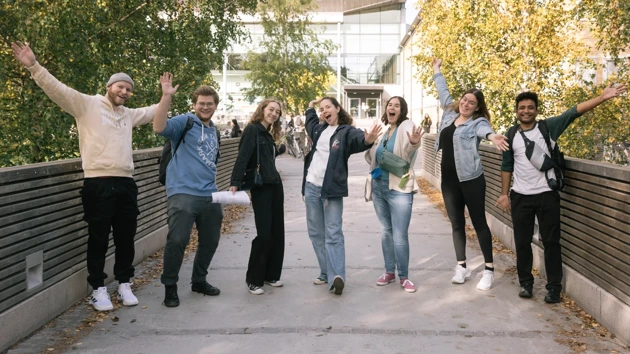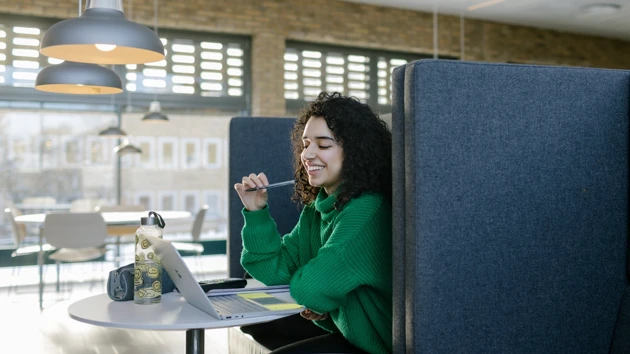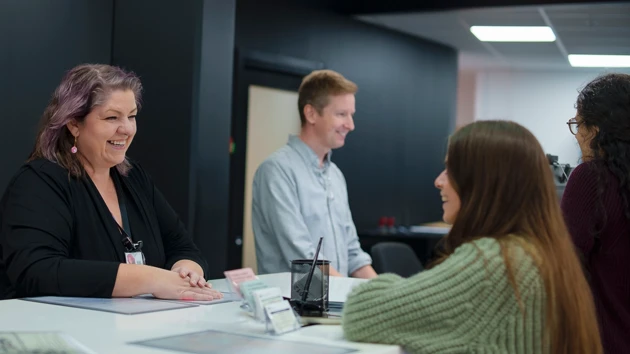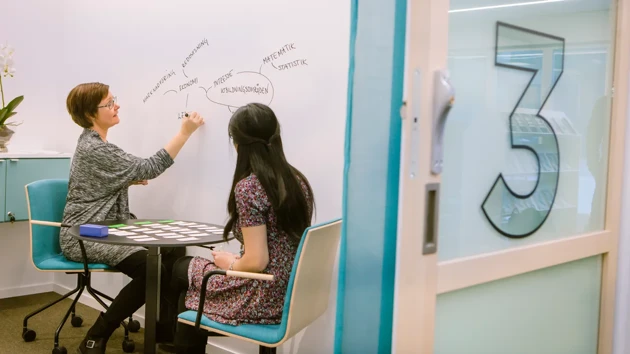Microeconomics: Consumer Behaviour 5 credits
About the course
The objective of the course is to give the student tools to formulate and analyze social problems relating to microeconomics. The course deals with theories of the individual's choice of consumer goods and labor supply as well as how economic theory can be used to formulate and apply empirical models in order to study consumer behavior.
Initially, the course analyzes the consumer's resource constraints and how they make choices about consumption goods based on rational decision theory, in the form of the so-called primary problem (utility maximization). The effects of price and income changes, as well as discrete situational changes, are studied. The consumption model is then expanded to include initial endowments, and buying and selling situations. The model is also extended to include consumption choices over time. The expenditure function is introduced, among other things, to enable monetary measurements of economic welfare when prices and other variables change. In addition to the standard assumptions in neoclassical theory, some special preference cases that can explain certain phenomena and lead to partially different conclusions are also studied.
Finally, the course demonstrates how microeconomic theory can be applied to empirical data. The aim is for students to gain an understanding of how empirical analysis can be used to guide and interpret empirical micro-oriented research.
Apply
Explore your future at Umeå University
Join a vibrant academic community where high-quality education meets groundbreaking research in science, technology, humanities, and the arts. At Umeå University, you will learn from passionate, expert teachers and benefit from a close connection between research, education, collaboration, and innovation.
-

World's most satisfied international students
#1 globally in the main categories of Living, Support, and Overall Satisfaction.
-

A university with health at its core
Umeå University is certified as a Healthy Campus, with many initiatives that promote health and well-being.
Contact us
Your message goes to Infocenter, and they’ll make sure it gets to the right person – so you get the best and most relevant reply.
Good to know

How to apply
A step-by-step guide to apply for studies at Umeå University.

International Student Guide
Essential information for your journey to Umeå and your studies here.

Study guidance
A study counsellor can help you with many of your study-related questions.